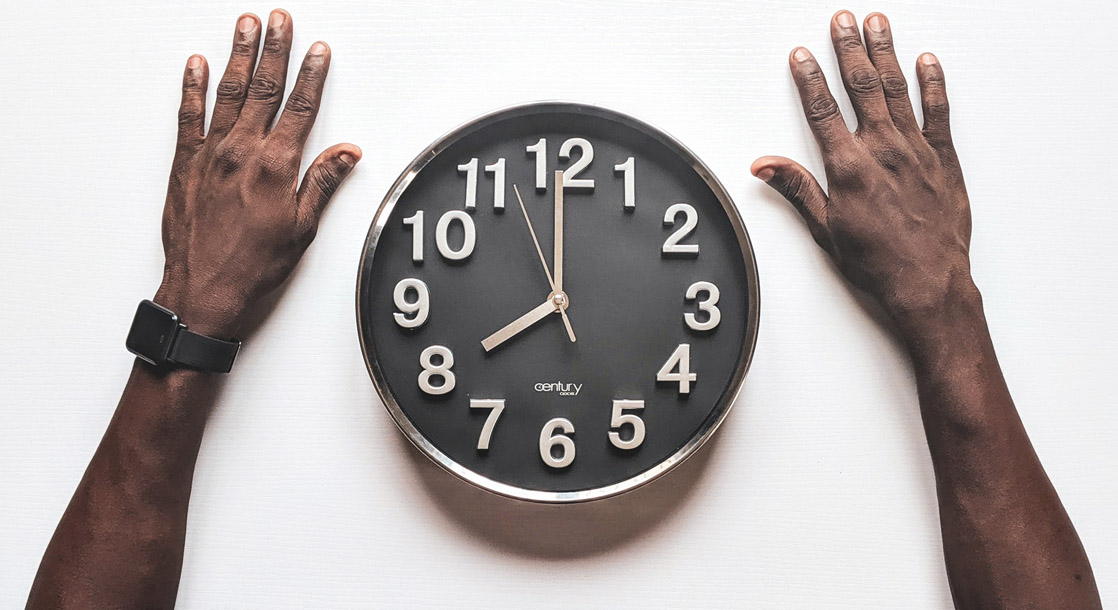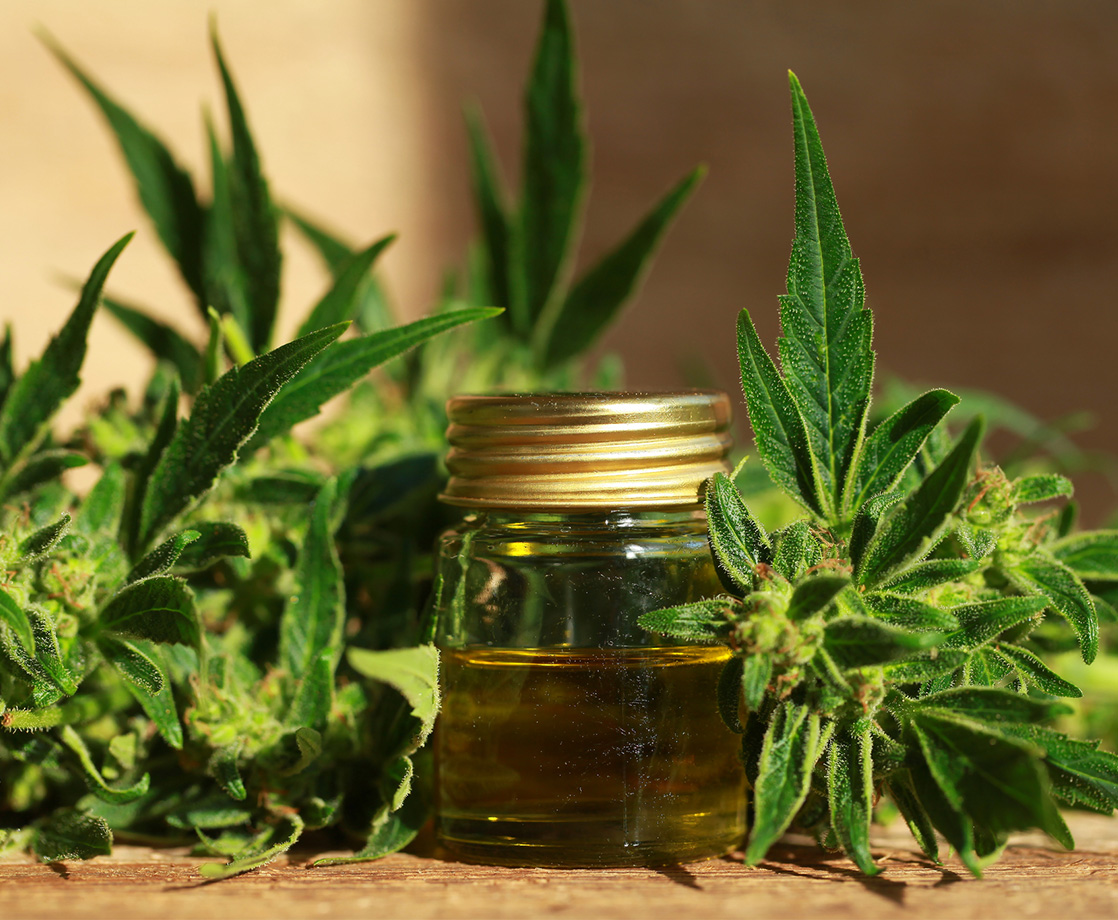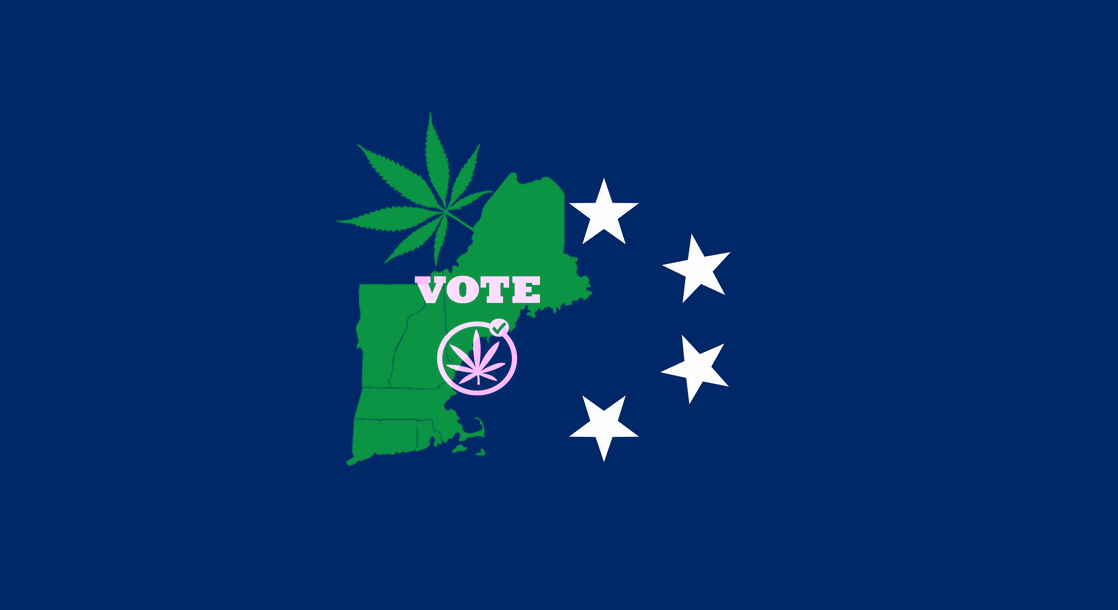Zimbabwe has finally approved the sale of CBD and other hemp-based medicines, four long years after the country legalized the production of medical hemp.
Earlier this month, the Medicines Control Authority of Zimbabwe invited the country’s licensed hemp manufacturers, exporters, and pharmacists to apply for licenses to sell medical cannabis products. Retailers will also be allowed to import hemp-based medicine from other countries. Applicants will be required to submit samples of their products to government regulators for inspection, and hemp companies must also allow officials to inspect their production facilities.
When Zimbabwe legalized the medicinal use of hemp back in 2018, it was only the second African nation to do so. The country’s limited medical cannabis program allows residents to apply for five-year renewable licenses allowing them to grow, use, and transport low-THC hemp plants and oils. But despite its early adoption of medical cannabis, the country’s hemp industry has barely gotten underway. At the start of 2022, the country had only issued 57 medical marijuana licenses, and only 15 of these businesses had actually opened their doors.
Things started picking up steam this spring, though, when officials commissioned a Swiss biotech company to open a $27 million medical cannabis facility in Western Zimbabwe. And as of this month, the country’s existing hemp producers will at last be allowed to apply for licenses to actually sell their products to patients. Regulatory officials announced that they have already received several medical cannabis applications since announcing their availability.
Tobacco is currently the number one cash crop in Zimbabwe, but government officials are hoping that hemp will eventually take that crown. In addition to creating hundreds of jobs, the country’s legal hemp industry could ultimately bring in as much as $1.25 billion a year, according to a recent Treasury estimate. Financial officials are also hoping that local CBD sales and exports will bring in additional tax revenue as well.
Zimbabwe could make a lot more tax revenue and create even more jobs if it legalized adult-use cannabis, but government officials have made it clear that they do not intend to do so. Recreational pot remains strictly forbidden, and regulators will test every legal hemp product to ensure that it does not contain more than a trace amount of THC. Regulators have threatened to crack down on unlicensed cannabis production and sales, and anyone caught violating these laws can be locked behind bars for up to 12 years.
Even with all these limitations, Zimbabwe is still the third-most weed-friendly country in all of Africa. South Africa currently holds the top spot, as it allows adults to grow, possess, and use (but not sell) cannabis for personal use. And the landlocked country of Lesotho also beat Zimbabwe to become the first African country to legalize medical marijuana. Uganda, Zambia, and Rwanda have also legalized medical cannabis in the past few years, but for export only. Sadly, each of these countries prohibits their own citizens from using this home-grown medicine.
Cover image via











